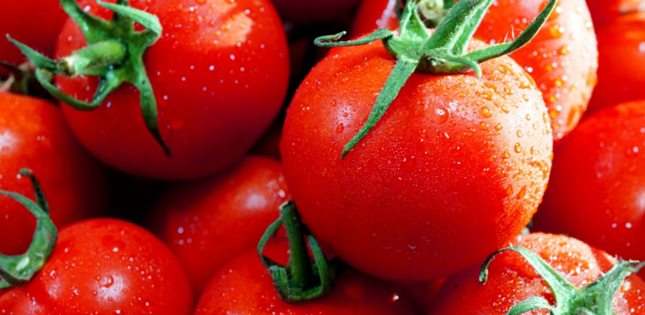Scientists have developed a method to produce sweeter, well-growing tomatoes.
Previous research has shown that the sugar sucrose plays a role in controlling key fruit genes involved in sugar metabolism. Efforts to control these genes succeeded in increasing the sugar content in fruit but also resulted in stunted growth.
Researchers from Tohoku University in Japan used a bioinformatics search tool to find nucleotide sequences in the tomato genome similar to a known tobacco gene sequence that can be repressed by sucrose. When a special coding sequence on the tobacco gene, called a uORF, is removed and the main sequence is made to overexpress, the gene activates several other genes involved in sugar metabolism, ultimately increasing sucrose levels in tobacco leaves. When the uORF is not removed, an overexpressing gene will increase sucrose content in the tobacco leaves but only up to a point. The increased sucrose represses the uORF, which in turn represses the main part of the gene, limiting its ability to further increase the fruit’s sucrose content.
Two genes with very similar sequences to the tobacco gene were identified in the tomato plant by the researchers’ bioinformatics search and their uORFs were removed. The main gene sequence was placed under the control of another gene, called E8, to express the target gene. The modified DNA was then inserted into tomato plants. The resulting tomato lines were found to have 50% more sucrose than normal tomatoes and showed no growth retardation. In addition to sugar metabolism, the tomato gene also affects genes involved in amino acid metabolism. The researchers found that levels of several amino acids were higher in the transgenic tomatoes.
Based on their results, the team is now developing a new modified DNA sequence containing 2A11, which functions during more of the fruit’s development than E8, they say.
The researchers think it is likely that most flowering plants, or angiosperms, contain similar sucrose-susceptible genes, making their “sweetening technology” widely applicable.










